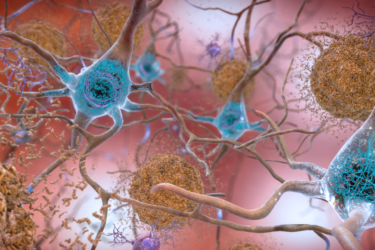The results of a yearlong joint investigation of the American autopsy system by ProPublica, Frontline and NPR show that problems in the death investigation system throughout the country have led to innocent people being sent to prison, “allowed the guilty to go free and left some cases so muddled that prosecutors could do nothing.” When autopsies aren’t done, diagnostic errors go undetected and opportunities to learn more about medicine are lost.
One story of patient rights and legal wrangling sports the remarkable headline “Why Can’t Linda Carswell Get Her Husband’s Heart Back?” It hinges, among other things, on the simple fact that “Even though the Institute of Medicine has reported that medication errors affect an estimated 1.5 million patients per year, it is not typical to conduct toxicology tests as part of clinical autopsies. They are routine in forensic autopsies.”
Another piece takes a broader view, exploring the reasons behind and consequences of the fact that autopsies are performed on only about one in 20 patients who die in hospitals when, 50 years ago, the rate was one in two.
Hospitals aren’t required to perform autopsies – the Joint Commission hasn’t included autopsy rates in its accreditation process since 1971 – and neither Medicare nor private insurers reimburse hospitals for the procedures, which Allen found cost about $1,275 each. The implications of these financial disincentives, combined with related factors such as some physicians’ confidence that new diagnostic tools such as MRIs and CT scans provide such accurate results that they obviate the need for postmortem work, are far-reaching.
Diagnostic errors, which studies show are common, go undiscovered, allowing physicians to practice on other patients with a false sense of security. Opportunities are lost to learn about the effectiveness of medical treatments and the progression of diseases. Inaccurate information winds up on death certificates, undermining the reliability of crucial health statistics.
Furthermore…
A 2002 review of academic studies by the federal Agency for Healthcare Research and Quality found that when patients were autopsied, major errors related to the principle diagnosis or underlying cause of death were found in one of four cases. In one of 10 cases, the error appeared severe enough to have led to the patient’s death.
Other stories in the project report that suspicious deaths of the elderly are rarely investigated and that the deaths of children “pose special technical challenges for forensic pathologists.”
Watch the full episode. See more FRONTLINE.








